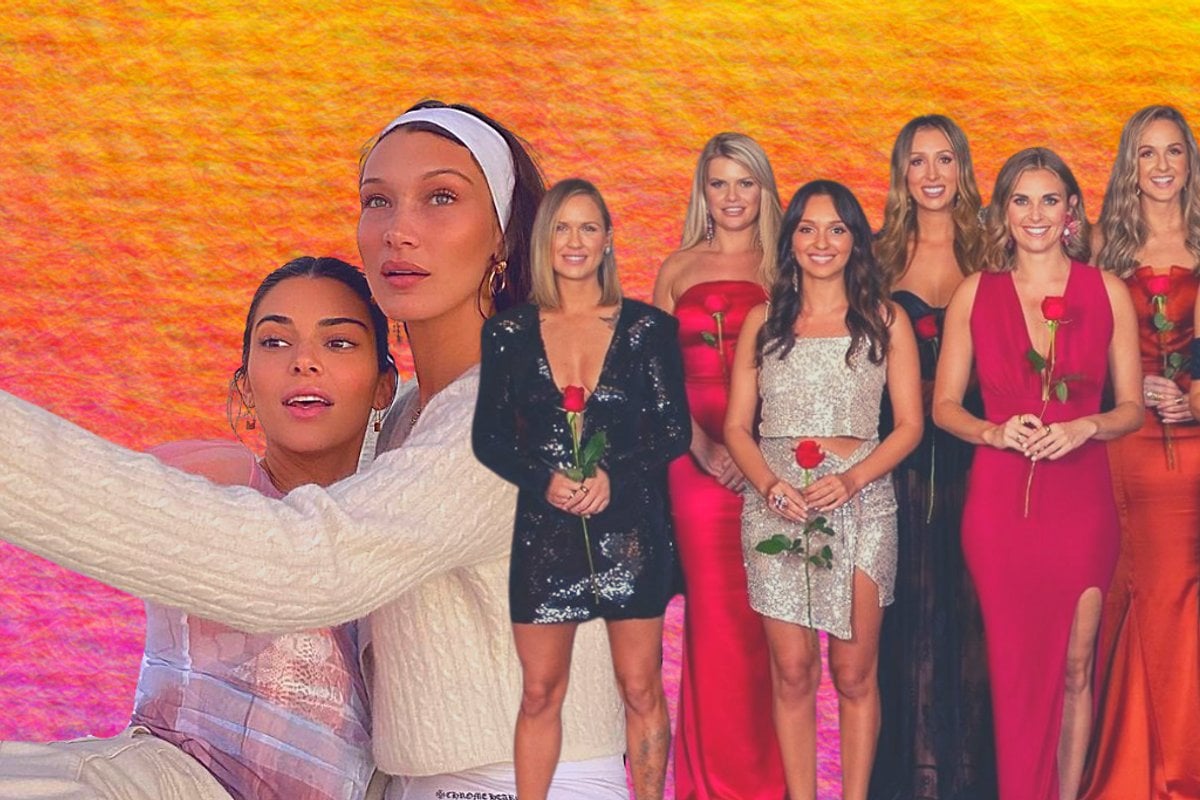
How much time and money do you spend every pay day on products in an attempt to make yourself beautiful?
I’ve got some bad news for you: you’re wasting your money.
Beauty is in the eye of the beholder, and what they behold actually has very little to do with you, and everything to do with brain chemistry and social conditioning. Sorry ‘bout it. But stay with me.
Watch: The #donthatetheshake body positive movement on Instagram. Post continues below.
Whether through our own eyes or someone else’s, beauty plays a huge part in our day-to-day lives. You may benefit from ‘pretty privilege’, you may be trying to attain a certain beauty standard, or you may be acting upon an unconscious bias toward pretty people.
Regardless of who you are, the concept of beauty is always there and affects you without you even realising it.
FYI: Pretty privilege is the concept that pretty people benefit in life from being perceived as beautiful.
Pretty people are seen as being more intelligent, more capable and are more likely to be employed or picked up at a bar.
Have you ever had a drink purchased for you by a random person? Odds are you’re pretty and you have privilege.